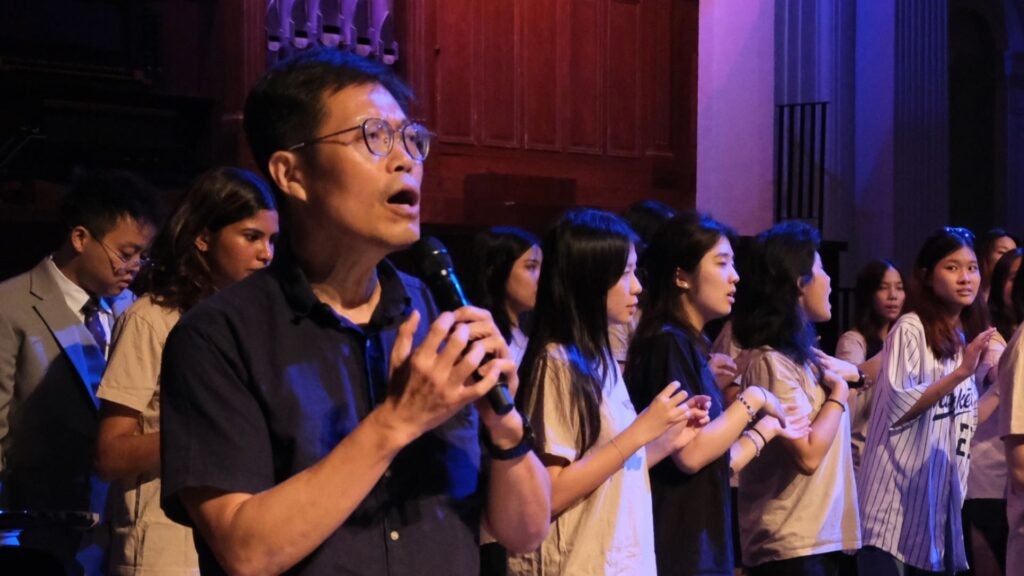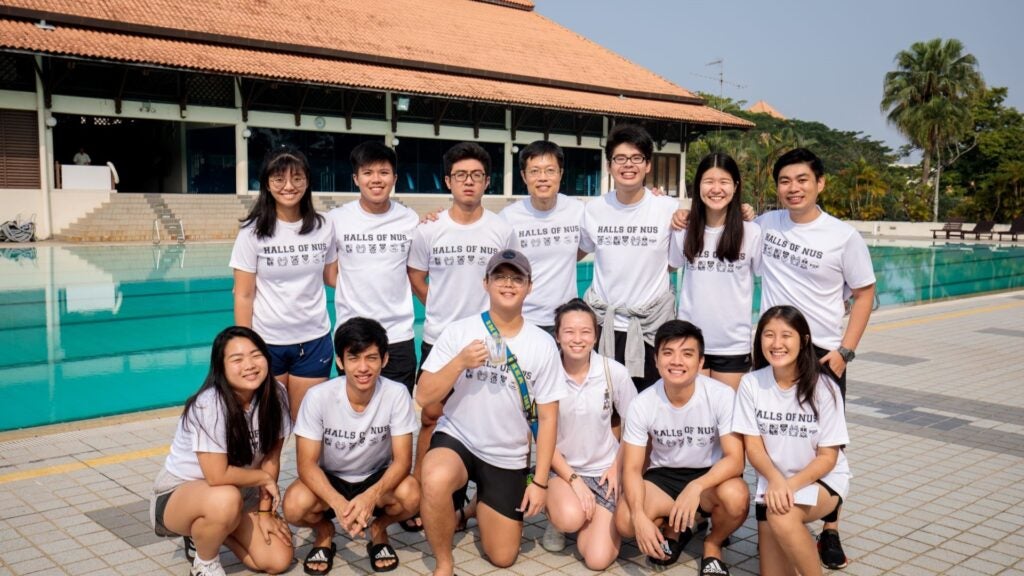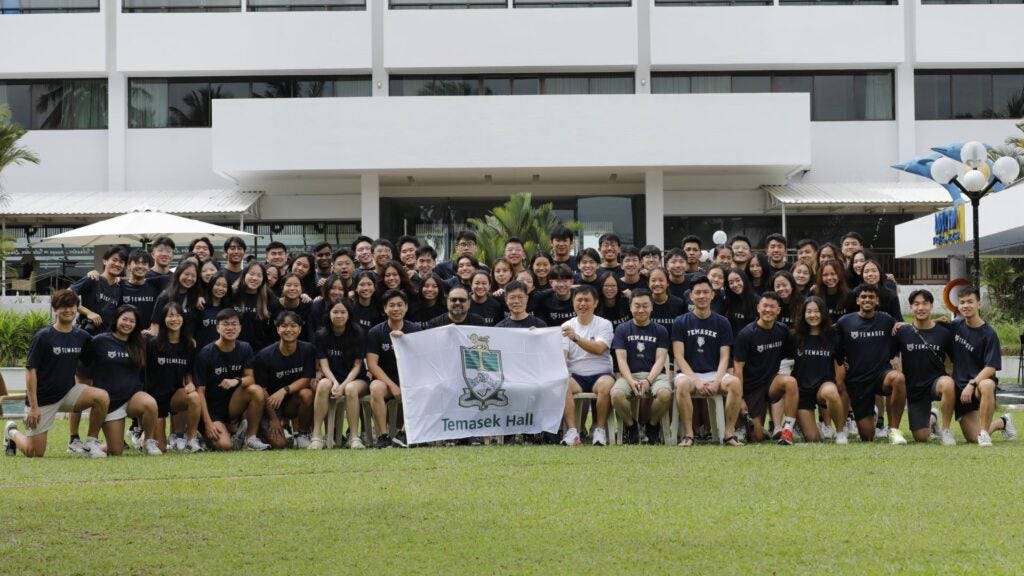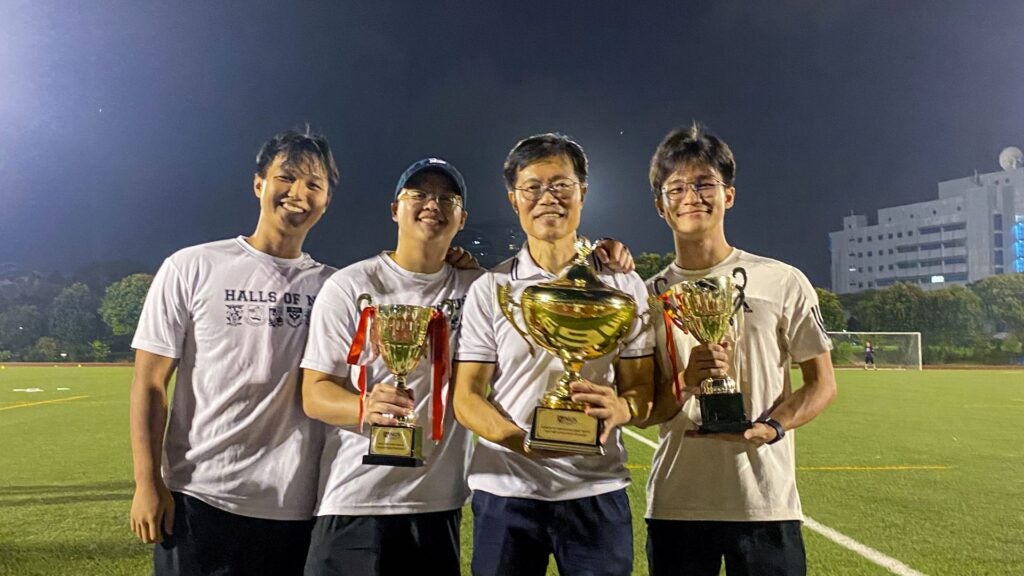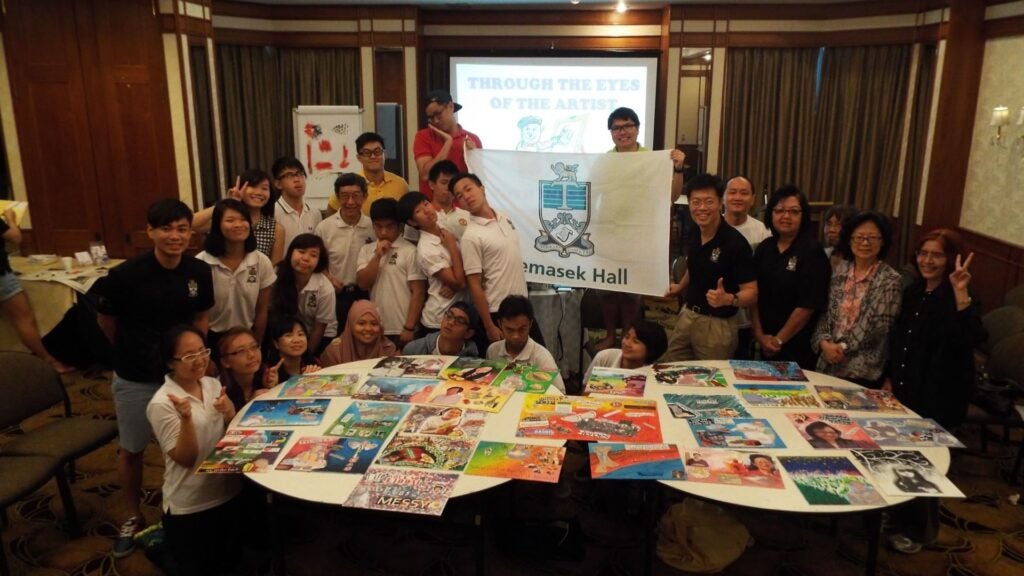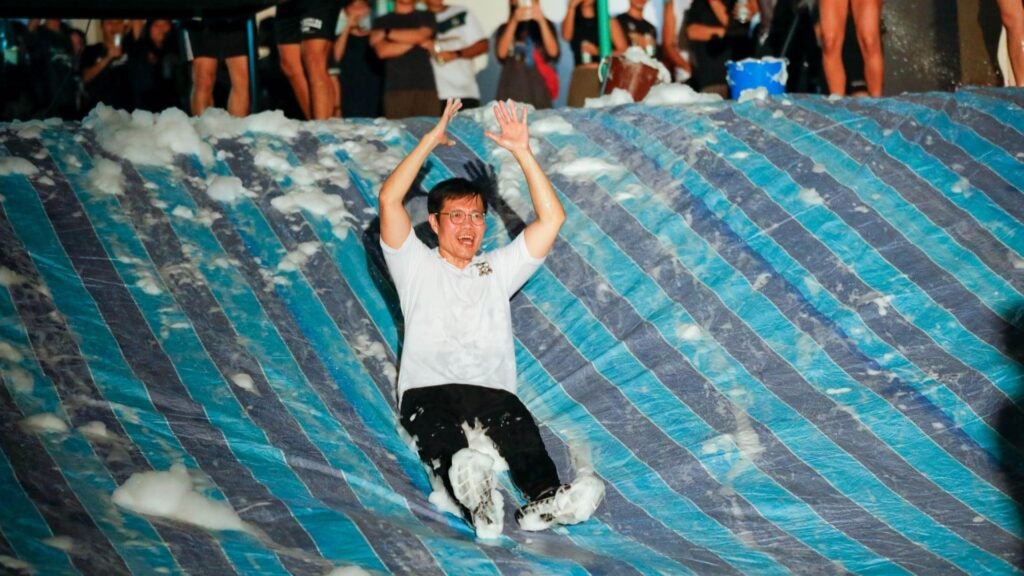Q: What are your goals and leadership philosophy as Hall Master?
It’s very simple – the goal is that every resident has a rich and fulfilling experience. Temasek Hall is not just a place for them to sleep, but also a place for them to learn, grow and develop. It’s also their last chance to try things before they go into the working world, which is much more unforgiving. Here, they are allowed to fail.
My philosophy for leadership is empowerment. I empower the students to take on responsibilities while ensuring they understand the importance of doing the right thing. The residents always surprise me. During JCRC elections, I trust the students to elect their leaders, and they always make the right choice. Sometimes I might have a preconceived impression of someone, but once I work with them, I’m pleasantly surprised by their responsibility and capability. That’s also a lesson for me: to always give the students opportunities to show their potential and grow.
Source: NUS News


